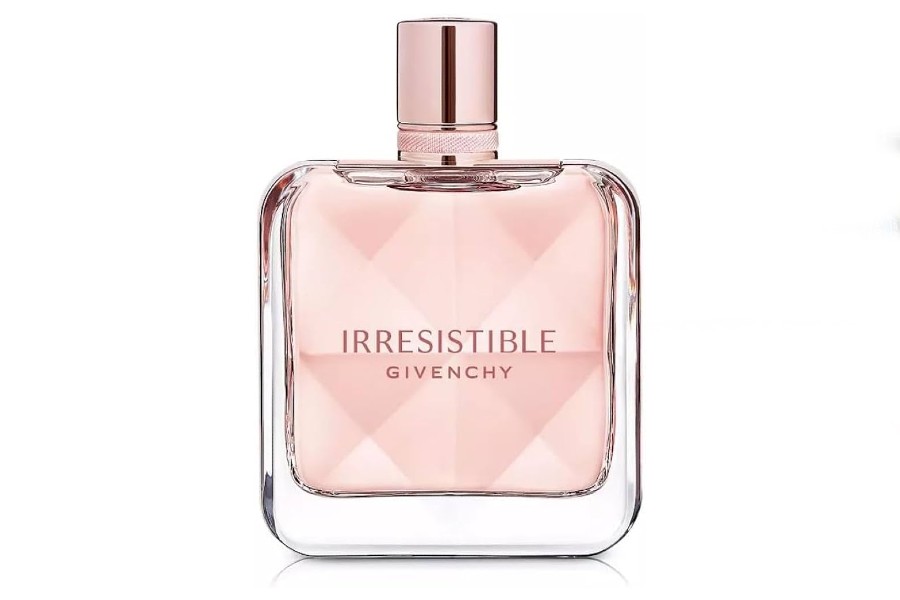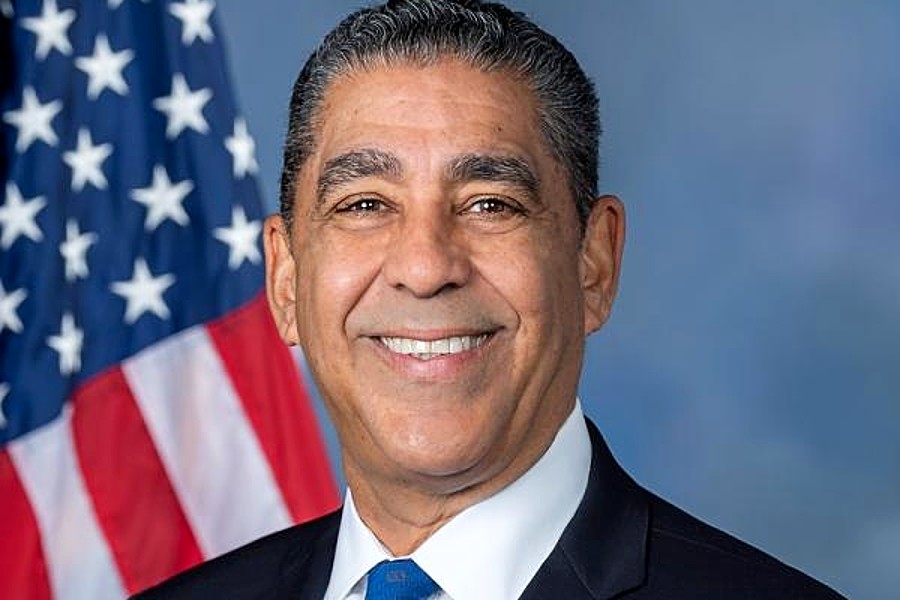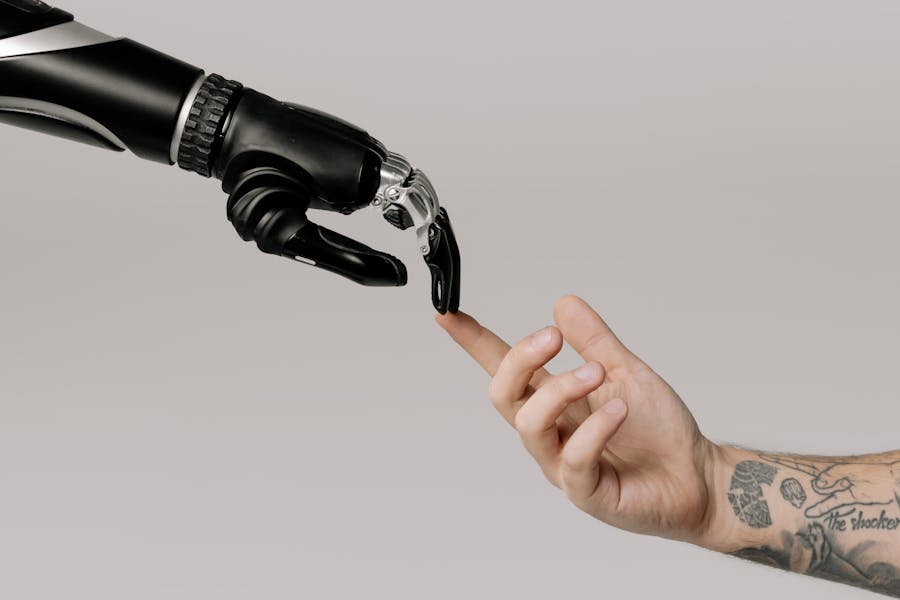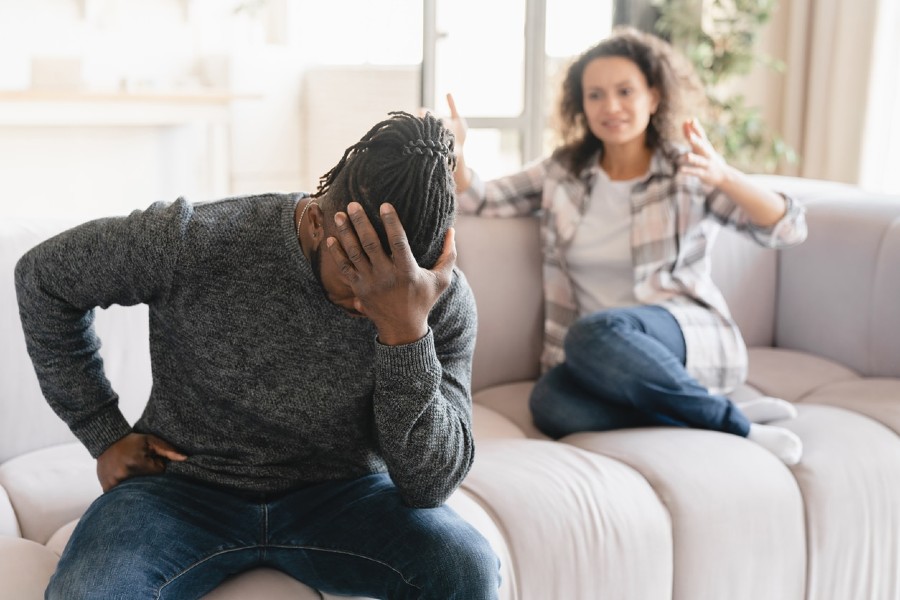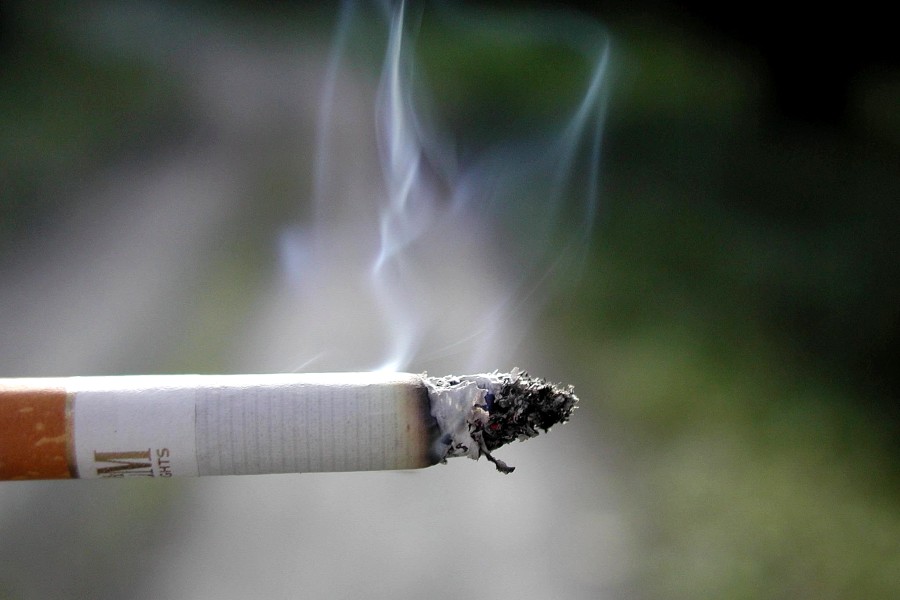March 7th, 2014. The Center for Health Equity & Urban Science Education (CHEUSE) held its 6th Annual Health Disparities Conference at Teachers College, Columbia University in West Harlem, New York. The theme is Urban to Global Health: Culturally Appropriate Research, Practice and Policy; and that focus highlights the lessons learned from an analysis of 30 years since the dawning of the crack epidemic in 1984. The gamut of disparities examined range from HIV/AIDS, poverty, drug use, poor quality education, crime, and mass incarceration. Hence a special panel convened at the conference to explore the idea of using Hip Hop to vaccinate and anesthetize these social ills. But how can this work and how feasible is the connection?
“What if RiRi did bug out; did it warrant her face being put through a dashboard?”
Throwback 1999; The Miseducation of Lauren Hill; the Grammy award winning dissertation about self-acceptance and love commencing in a classroom of impressionable youth. Fast forward present day a few years ago; WBAL radio host Desi K. Robinson offers up for discussion to her after-school program students – the crisis between Chris Brown and Rihanna. The allegiance to Brown proved startling on so many levels because the girls expressed the idea that Rihanna must’ve done something to make him attack her. Robinson understood their mindset due to Brown’s obvious heart throb status. But she challenged their thinking with this question “What if RiRi did bug out; did it warrant her face being put through a dashboard?” In that moment of clarity, Robinson realized there were no safety nets in place providing a way of escape for either one of them.
As Desi K. Robinson the radio host is also an educator to these middle school girls, so poignant is her radio show “Women in the Making” which serves as a platform to give a voice to young women concerning all things pop-culture. Over the past year and a half, Robinson pondered what the Chris Brown-“Rihanna situation was a symptom of? Particular for Brown, Rihanna herself expressed “who’s going to help him?” That prompted Desi to further examine why he couldn’t call someone perhaps one of his boys to come and get him before things got out of hand. Unfortunately, like many black men, maybe Brown’s masculinity was compromised by the fear and mindset that his manhood isn’t intact if he doesn’t “check his girl” when she spazzes out.
Therefore the genesis of a new initiative is born – but still just a vision in Desi’s head. An Urban Health Campaign using Hip Hop – again how? First, assemble a few potent minds on the issue; Charmaine Ruddock – Project Director of the Bronx Health Reach, NeNe Ali – Spoken Word Poet, Dr. Donna Kiel, MD of Harlem Hospital, Quentin Walcott – Co Executive Director of CONNECT, Inc., and Farah Tanis – Executive Director of the Black Women’s Blueprint. Second, establish the goal of duplicity between the commercial image of the Hip Hop Artist and their image as a private and real person. Third, apply the blueprint of mainstream celebrities like Harlem born Al Pacino, Robert DeNiro, Joe Pesci, and James Gandofini. They have played the most notorious characters or criminals in film and on television yet the American public understand they are just actors playing a role. Everyone knows they are not these iconic wiseguys, goodfellas, or Godfathers. But African-American artists are not afforded that same luxury. What is seen in the average rap video which is saturated with negative and stereotypical images is perceived as one in the same – hence “keepin’ it real.”
But the real idea is to recognize their art without censoring it, separate them from those commercial images and apply the influence of that public persona to advocacy for a healthier community. However the conundrum is reconditioning the mindset of African-Americans let alone White America that what is often seen in Hip Hop videos is just art love it or hate it. While strides are initially being made to balance black images in media; the argument for the portrayal of misogyny, drug culture, and soft porn often entails “being authentic to street life.” But that reflection of urban life is erroneously attribute to how all African-American live.
So the challenge remains: how can an artist be an advocate for urban health without appearing to be a hypocrite or biting the corporate hand that feeds them enticing a conflict of interest between gangsta vs affluence of living. Hence, if 2 Chains can be seen on “The View” making a crab salad or Snoop Dog (Lion) can appear on Martha Stewart to conjure up a recipe – mind you only one of them is a convicted felon –then Hip Hop advocacy shouldn’t be far-fetched being that many artists are already attached to charities in order to further their personal brands anyway.
…called for artists to start producing tracks on their albums that address social ills plaguing their communities. Plus they should be intentional about making appearances where social or health advocacy exists
So the conference panel which Desi K. Robinson moderated served to introduce and launch the new HIP HOP HEALTH CAMPAIGN. While an applicable strategy for executing duplicity in the genre has yet to be identified, the panel did offer poignant ideas as to how to get started. Quentin Walcott called for artists to start producing tracks on their albums that address social ills plaguing their communities. Plus they should be intentional about making appearances where social or health advocacy exists. Farah Tanis urged that positive messages in those tracks be commercially viable and fit most marketing strategies. Charmaine Ruddock profoundly noted that culpability for urban disparities rest with those artists who boast of a drug cultured past. Plus, it is their responsibility to reinvest and benefit the community that built their success commercially at the grass roots level. The panel unanimously conveyed the reality that other entities commercially and politically control these social ills. Therefore it becomes crucial to the survival of African-Americans to advocate for healthier societies.
Amidst the questions of Hip Hop being a viable solution, the panel clarified that Hip Hop is essentially a tunnel driven by youth culture but has ultimately produced a cohesive genre comprised of previous and the current generations. Desi stated “if you admired Queen Latifah or you’re a current fan of Drake, you are Hip Hop.” Quentin stressed the point that as children of Hip Hop, it is a very powerful tool that completely influenced consumer America. Therefore artists need to leverage the culture, money, and power of the genre to own their own labels. That ownership enables them to funnel money back into community and draw a line in the sand towards these disparities.
Although there seem to be suggested alternatives besides Hip Hop, Robinson personally identified it as an important vehicle because it’s a part of her personal narrative and experience which infuses her role as an educator and journalist. Then the rest of the panel chimed in to convey how important it is for Hip Hops most influential figures to become advocates for urban health just as they have the most impact for risqué and hard core messages then perhaps they can impact in the opposite direction.
“If Hip Hop has the ability to corrupt youth then they also have the ability to uplift them.”
Desi appropriately quoted the legendary rapper KRS-ONE “If Hip Hop has the ability to corrupt youth then they also have the ability to uplift them.” While the panel identified how the crooked image and the real person have merged, Dr. Neil presented the idea of seeing artists redefine success from a financial, cultural, social, and physical point of view. The goal is to shift the ideas about health and community power. The panel concluded that the best preservation of Hip Hop itself as a relevant conduit to a healthy society is to return to its roots of conscious rap.
Enter Spoken Word Artist Nene Ali, a young maverick who rendered the knowledge for those present to absorb then take action of the initiative as well as her current CD. Robinson concluded the session with a PSA clearly displaying the new idea for all of us to take into our community. Garnering the successful start of the panel, they also decided to reconvene to assess the progress and future planning of the newly minted Hip Hop Health Campaign.
“If you can control what people know you can control what people do.”
In the words of the legendary entertainer and activist as well as producer of the first commercially successful Hip Hop film “Beat Street,” Harry Belafonte: “If you can control what people know you can control what people do.”
See the PSA for the Hip Hop Health Campaign below. http://www.youtube.com/watch?v=Q29mDLOUzuY.youtube.com/HipHopHealthCampaign
Photo credit: Right to left: Charmaine Ruddock, Desi K. Robinson, Farah Tanis, Quentin Walcott, and Dr. Donna Kiel MD.
Related articles
Become a Harlem Insider!
By submitting this form, you are consenting to receive marketing emails from: . You can revoke your consent to receive emails at any time by using the SafeUnsubscribe® link, found at the bottom of every email. Emails are serviced by Constant Contact









